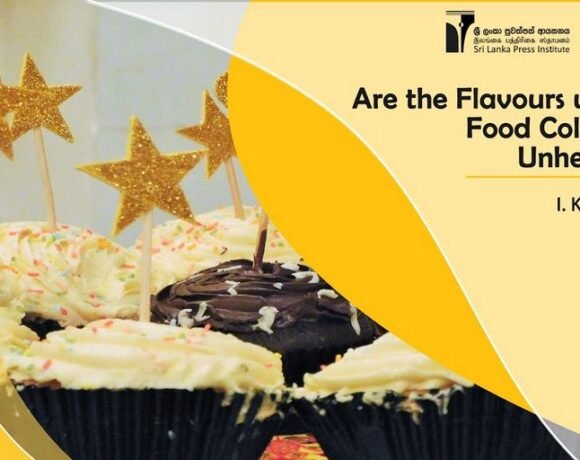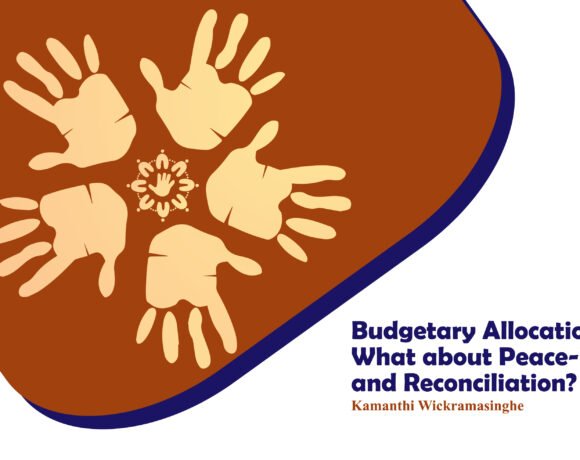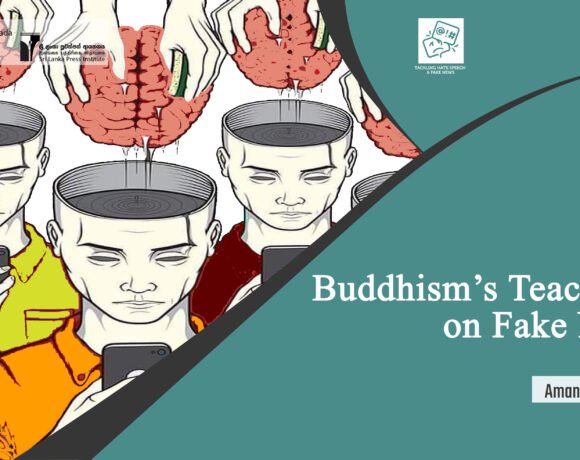
Let’s face hate speech!
What is hate speech?
The United Nations Strategy and Action Plan on Hate Speech defines what hate speech is as follows.
“Any communication in the form of offensive, pejorative or discriminatory language that refers to an individual or a group and attacks on the basis of their religion, race, nationality, caste, color, lineage, gender or other identifiable factors is called hate speech.”
The growing worldwide hate speech has sown unrest and rifts in many countries. This is a major threat to democratic values, social stability and peace. As a result, many developed countries were forced to legislate against hate speech. Laws against hate speech are in force in countries such as Australia, Denmark, France, Germany, South Africa, New Zealand, Sweden and the United Kingdom.
However, monitoring and controlling hate speech on the Internet is still a challenge for many countries. This is because of the complex rules that social networking sites such as Facebook, Twitter, YouTube, and WhatsApp have in terms of distinguishing between free speech and hate speech. However, it is to be welcomed that in recent times these social networking sites have begun to adopt tighter trends in the field of hate speech.
Hate speech in Sri Lanka
Sri Lanka is one of the few countries that has directly experienced the effects of hate speech. Hate speech through social media has played a major role in the emergence of inter-ethnic tensions in post-war Sri Lanka. The rise of racial violence in Kandy district in 2018 was due to social media and the hate speech spread through it. This forced the government to completely shut down social networking sites such as Facebook, WhatsApp and Viber for a week.
Facebook has pointed out that it is challenging to detect and control the spread of hate speech through Sri Lanka’s local languages, Sinhala and Tamil. However, Facebook is currently working on deleting posts that are shared in local languages. It is noteworthy that during the last election period, many posts complained by election monitoring committees and the Department of Elections were removed by Facebook.
In the past, it has been observed that Sri Lanka’s mainstream media, apart from social media, sometimes support hate speech. The Human Rights Commission of Sri Lanka recently sent a letter to the media in this regard. It noted that “the broadcasting or publication of audio or video broadcasts of hateful propaganda among the people of Sri Lanka on the basis of various reasons, including religious beliefs, religious practices, language, race, customs and ethnicity, should be avoided.”
Unfortunately, the government has not yet put in place proper programs to curb hate speech in Sri Lanka. The major drawback is that although there are provisions for this already in law, they are not being implemented properly.
What are the laws in Sri Lanka to control hate speech?
- Obligations under the Constitution for freedom of expression
– Section 15 (2): ….. In the interests of racial and religious harmony or in relation to parliamentary privilege, contempt of court, defamation or incitement to an offence.
– Section 15(7) ………….. In the interests of national security, public order and the protection of public health or morality, or for the purpose of securing due recognition and respect for the rights and freedoms of others, or of meeting the just requirements of the general welfare of a democratic society.
- ICCPR Act, 2007, Section 3 (1): No person shall support war or incite national, racial or religious hatred in a manner that incites discrimination, hostility or violence.
- Penal Code Act No. 2 of the of 1883
- Prevention of Terrorism Act No. 48 of 1979
- Police Ordinance No. 16 of 1865
ICCPR Misused Law in Sri Lanka
In the case of Sri Lanka, Many have been arrested so far under the ICCPR law. However, various complaints have been lodged with the Human Rights Commission of Sri Lanka alleging that the law has been abused on many.
Here are few examples of law abuses: The arrest of a woman clad in a Dharmachakra-shaped dress in Mahiyangana, the arrest of Sinhala novelist Shakthika Shatkumara for writing about Buddhist.
monks in a fiction, and the arrest of social activist Ramsey Rasik for his Facebook post have all been reported under the ICCPR Act in Sri Lanka.
In this regard, the Chairman of the Human Rights Commission in a letter dated 29.08.2019 sent to the Inspector General of Police has pointed out the misuse of the ICCPR law. It is noteworthy that in the letter, the Human Rights Commission provided detailed guidelines for the application of the above law.
Freedom of expression vs hate speech
Freedom of expression is one of the fundamental human rights protected by international law. Article 19 of the Universal Declaration of Human Rights (UDHR) and the International Covenant on Civil and Political Rights (ICCPR) guarantee freedom of expression.
Nevertheless, the international community has acknowledged that there is a limit to freedom of expression. The vast majority of countries in the world have agreed that hate speech and ideas that lead to violence and persecution based on nationality, race and religion cannot be allowed in the name of freedom of expression. In that sense, it is the duty of governments to protect the dignity of human beings by bringing to justice those who promote hate speech and thereby incite violence while emphasizing the protection of freedom of expression.
How to identify hate speech?
For this you can raise the following questions.
- Is the content of the post targeting at individuals, groups, races, religions, castes, genders, or differently abled people?
- Does the content have a negative trend?
- Is it inciting violence?
- Is it against the ethical code?
- Is the social networking account or page that posted it popular?
- Is the post shared too much? So how many shares and likes obtained? Can you observe the comments beneath it?
- Is it likely to create conflicts at the national or local levels?
- Should this record be brought to the attention of law enforcement authorities?
- Need to report to social website administrators to delete this post?
How to prevent and deal with hate speech?
Although it is the responsibility of the government to control hate speech, it is also the duty of all members of the community not to support hate speech and not to incite violence. King Abdullah bin Abdulaziz International Centre for Interreligious and Intercultural Dialogue, (KAICIID), which promotes anti-hate speech programs, states that the cooperation and contribution of all sections of society is essential to respond to hate speech. The Centre points out that the journey to curb hate speech can only be achieved by bringing together religious leaders, policymakers, journalists and the general public.
The Center offers the following steps to counter hate speech:
- Educating or training the community regarding hate speech. You can make the family members, friends and those around feel its seriousness.
- Reporting on social media posts spreading rumors and hateful comments.
- Posting and sharing more of posts talking about peace and tolerance on social media.
- Supporting individuals or groups affected by hate speech and pressuring authorities to take action against hate speech.
- Encouraging journalists not to support hate speech and to adhere to ethics when reporting conflicting news.
- Establishment of national and local level committees for observing hate speech and early warning of the violence associated with it.








